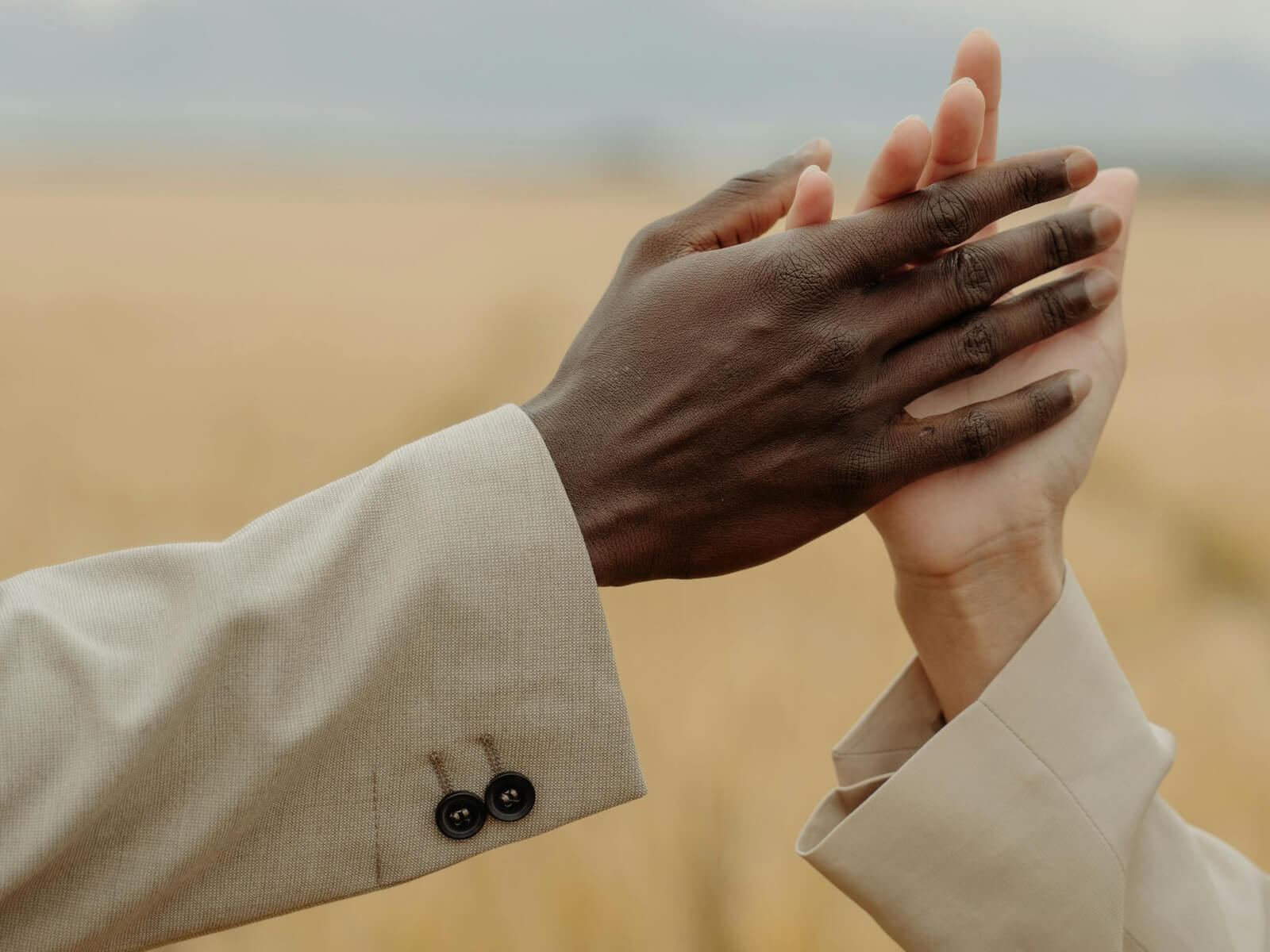When we talk about past traumas and their influence on our lives, what are we really talking about? To understand this, we first need to comprehend what trauma is and how it impacts individuals.
Understanding Trauma
Definition and Types of Trauma
At its core, trauma is an emotional response to a distressing event. It shakes our sense of security, making us feel helpless and vulnerable in a dangerous world. But what distinguishes an unfortunate incident from a traumatic experience? The key lies in our reaction. When we’re unable to process the situation adequately, leaving us feeling overwhelmed and threatened, it becomes a traumatic event.
Trauma isn’t a one-size-fits-all term; it encompasses various types, each with distinct characteristics. They range from single-incident traumas (Acute Trauma), like car accidents or violent encounters, to repeated and prolonged traumas (Chronic Trauma), such as domestic violence or war. In some instances, trauma can also be vicarious. Vicarious or Secondary Trauma happens when a person is impacted by hearing about or indirectly experiencing the trauma of others.
How Trauma Manifests in Individuals
The manifestation of trauma varies greatly among individuals and can be both physical and psychological. Physically, trauma survivors might grapple with unexplained aches and pains, fatigue, and other health issues. It’s not unusual for trauma to manifest as insomnia or other sleep disturbances. These individuals might constantly be in a state of high alert, leading to jumpy and startled responses.
Psychologically, trauma can lead to a plethora of mental health issues, such as anxiety, depression, or Post-Traumatic Stress Disorder (PTSD). Survivors might find themselves persistently reliving the traumatic event through intrusive memories, flashbacks, or nightmares. They might also engage in avoidance behavior, steering clear of people, places, or situations that remind them of the traumatic event.
Moreover, trauma can interfere with cognitive functions, leading to difficulty concentrating, memory problems, and lowered cognitive performance. It can affect individuals’ emotional responses, making them more prone to anger, irritability, and mood swings. In extreme cases, it might result in a dissociative response, where the person feels detached from their body or reality.
Understanding these manifestations is crucial because recognizing them is the first step towards healing. Ignorance or dismissal of these symptoms can lead to the further entrenchment of trauma, worsening its effects over time. Thus, shedding light on trauma’s diverse and often complex manifestations is integral to combating its negative repercussions.
Trauma’s Impact on Relationships
Relationship Patterns after Trauma
People who have experienced trauma, especially during their formative years, often exhibit distinct patterns in their relationships. One common pattern is repetition compulsion, a psychological phenomenon where a person repeats a traumatic event or its circumstances over and over again. This repetition can be metaphorical, for example, if a person who was abandoned in the past finds themselves consistently drawn to partners who are emotionally unavailable.
In relationships, trauma survivors might exhibit harmful behaviors, like manipulation, control, or even abuse, mirroring the dynamics they experienced during the traumatic event. They might also fall into a pattern of self-sabotage, ruining relationships before they believe the other person will inevitably hurt them.
Trust and Trauma
Trauma can profoundly affect a person’s ability to trust others. If a traumatic event involved betrayal or harm by a trusted individual, it could leave the survivor wary of trusting again. This lack of trust can permeate all relationships, making it difficult for the survivor to form deep, meaningful connections. They might be overly suspicious, anticipate betrayal, or struggle with jealousy and insecurity.
In some cases, trauma survivors might swing to the opposite extreme, showing indiscriminate trust or attachment. This pattern can leave them vulnerable to further harm, as they may not recognize or establish healthy boundaries.
Communication and Trauma
Trauma can also significantly impact communication in relationships. Survivors might struggle to express their emotions or needs due to fear of triggering a traumatic response or out of fear of being misunderstood or judged. This difficulty can lead to a pattern of shutting down, withdrawal, or passive-aggressive communication. On the other hand, they might have heightened reactions to perceived criticism or conflict, responding with disproportionate anger or distress.
Intimacy and Trauma
Intimacy, both emotional and physical, can be particularly challenging for trauma survivors. They might keep their partners at arm’s length, afraid that becoming too close will make them vulnerable to further pain. Others might cling excessively, fearing abandonment. Physical intimacy can also be difficult, especially if the trauma was of a sexual nature.
Recognizing these impacts is crucial for both the trauma survivor and their partner. Understanding that these patterns are not a reflection of the relationship itself, but rather echoes of past trauma, can foster empathy and open the door to healing. With patience, communication, and professional help, trauma survivors can work through these issues and cultivate healthier relationship dynamics.
The Path to Healing
Acknowledging the Trauma
The first step towards healing is acknowledging the trauma. This process involves recognizing that a traumatic event occurred and that it has had lasting impacts. This step can be challenging, as it often involves reliving painful memories. However, it is essential as it opens the door to processing the trauma and moving forward. It’s vital to remember that it’s okay to seek support during this process, whether from trusted friends, family, or professionals.
Seeking Professional Help
Therapy can be a crucial resource for individuals healing from trauma. There are various therapeutic approaches to managing trauma, including cognitive-behavioral therapy (CBT), eye movement desensitization and reprocessing (EMDR), and trauma-focused cognitive-behavioral therapy (TF-CBT). A mental health professional can help individuals process traumatic memories, develop coping mechanisms, and address any mental health issues like anxiety or depression that often accompany trauma.
Psychoeducation, learning about trauma and its impacts, can also be an empowering part of the healing process. It helps individuals understand their experiences and responses, and realize that they’re not alone or abnormal in their reactions to trauma.
Importance of Self-Care in Trauma Recovery
Self-care plays a significant role in trauma recovery. This involves taking care of physical health, maintaining a balanced diet, getting regular exercise, ensuring adequate sleep, and avoiding harmful substances. Physical health and mental health are interconnected, and maintaining good physical health can bolster mental resilience.
Self-care also includes activities that foster mental well-being. This might be different for everyone. For some, it might involve quiet activities like reading, journaling, meditation, or yoga. For others, it might involve more social activities like spending time with loved ones or pursuing hobbies.
It’s also important to establish and maintain boundaries, both with oneself and others. This includes learning to say no when needed, taking time for oneself, and avoiding situations or people that might trigger traumatic memories or exacerbate stress.
Support Networks
Support from others is crucial in the healing journey. This can come in the form of support groups, where individuals can share their experiences and coping strategies, or from family and friends who provide emotional support. Having a strong support network can help individuals feel understood and less isolated in their experiences.
Ultimately, the path to healing from trauma is a personal journey that looks different for everyone. It can be challenging and requires courage, but with support and resources, individuals can move through their trauma towards a place of healing and growth.
Conclusion
Traumas from the past can significantly impact present relationships. Understanding and acknowledging this impact is the first step towards breaking harmful patterns and forming healthier relationships. With professional help and self-care, healing is achievable, and healthy, satisfying relationships are within reach.
FAQs
Denver Couples & Sex Therapy was established to provide both top-tier couples and sex therapy. Our practice recognizes the importance of specific training and expertise in both relationships and human sexuality. We are committed to offering comprehensive care that encompasses a client’s entire being.






